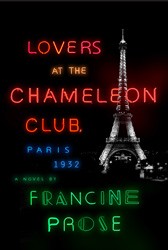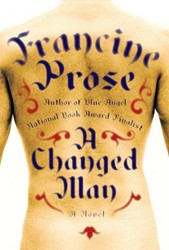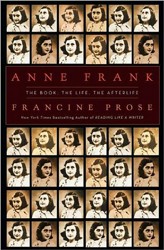“Mister Monkey,” a tacky musical version of a well-loved children’s book, has just hit a moment of suspense when a child in the audience asks his grandfather, “Grandpa, are you interested in this?” and the action on stage abruptly freezes. The question — heard clearly throughout the small, dingy theater — sets up the theme of this playful yet moving novel by Francine Prose, the author of more than twenty works of fiction. Like the children’s game Telephone, the novel passes a connection to the play from character to character, each one casting the play in a different role that illuminates his or her interests.
This shabby shoestring production of “Mister Monkey” brings together a group of actors, along with their resentments, disappointments, ambitions, and longings. Prose’s novel fans out wildly into the lives, among others, of the Vietnam veteran who wrote the book, a kindergarten teacher, and a waiter in a pretentious Italian restaurant. Each episode is an ingeniously crafted piece that leads inexorably to the novel’s resolution — an internet date almost as memorable as the deli scene in the film When Harry Met Sally: an awkward talk between a precocious, hormone-driven preteen and an older woman with the resignation, tinged with hope, of a middle-aged actress who has never quite made it. Prose takes a swipe at the upper-middle-class preoccupation with “just the right kindergarten,” with its proper policies on nuts, and at the flattering service for the regulars at a restaurant that prides itself on its valued — read “mob” — customers. Undertones of Chekhov, a bit of Tolstoy, and a reference or two to Shakespeare ripple through the novel like the aspirations and fading hopes of the characters.
Striking and original in its construction and thoroughly entertaining, Mister Monkey is pitch-perfect in its observations of a variety of New York scenes, but it also equally true to the crushing emotions of kindergarten and preadolescence and the growing fears of middle age and old age. Above the human characters sits Mister Monkey himself, an all-seeing chimpanzee-god who opens and closes the book. A surprise and a delight that leaves readers with deep appreciation for the creativity and daring of the author.
Related Reads:
Maron L. Waxman, retired editorial director, special projects, at the American Museum of Natural History, was also an editorial director at HarperCollins and Book-of-the-Month Club.





